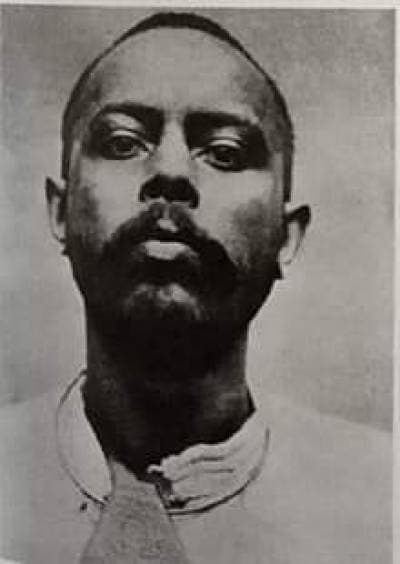Ullaskar Dutta
The Revolutionary Bomb Maker of Bengal.

Ullaskar Dutta (16 April 1885 – 17 May 1965) was born in present-day Bangladesh to an affluent Baidya Brahmin family. His father Dwijadas, Dutta Gupta was a BrahmoSamaji & had an Agricultural Degree from the University of London.
After passing the entrance examination in 1903, he took admission to the Presidency College, Kolkata. However, he was rusticated from the college for hitting his British Professor Russell, for making derogatory comments about Bengalis. Undeterred by this incident, Ullaskar joined Anushilan Samiti & later for the Jugantar party and he became an expert in bomb-making. Khudiram used a bomb manufactured by Ullaskar in an attempt to murder hideous magistrate, Kingsford.
However, police caught many members of the Jugantar group including Ullaskar Dutta, Barindra Ghosh, and Khudiram. This case is known as The Alipore Bomb Case which saw the arrests of 37 Nationalists from Barin Ghosh’s Garden. In the famous Alipore bomb case, Ullaskar was arrested on 2 May 1908 and was sentenced to death by hanging in 1909. Later, on appeal, the verdict was reduced to transportation for life and he was deported to the Cellular Jail in Andaman. (Note that appealing was done by every nationalist, not just Veer Savarkar). Ullaskar was subjected to brutal torture in the Cellular Jail and is said to have lost his mental balance. He was set free in 1920 and he returned to Kolkata.
Ullaskar was again arrested in 1931 and sentenced to 18 months imprisonment. He returned to his home village Kalikachha when the British left in 1947. After a lonely life of 10 years, in his 72nd year, he returned to Kolkata in 1957, married his childhood friend Leela, the daughter of Bipin Chandra Pal, at that time she was a physically challenged widow, settled at Silchar. The legend Ullaskar Dutta attained Mukti on 17th May 1965. He wrote a book about his struggles and experience in Andamans Cellular Jail. Amar Karajiban (My Prison Life) (translated into English as Twelve Years of Prison Life in 1924).
Source: https://twitter.com/sheshapatangi1/status/1383399164638228480